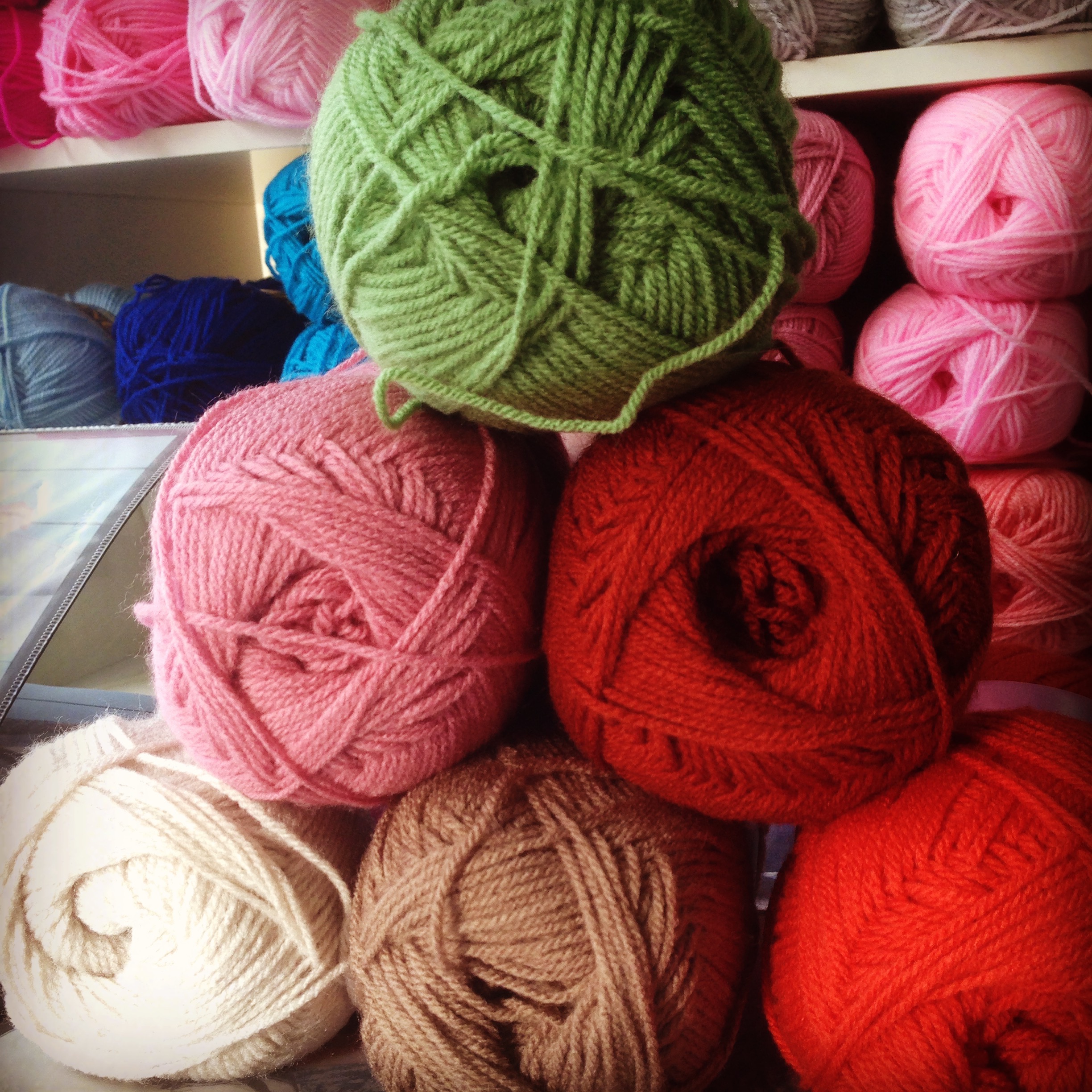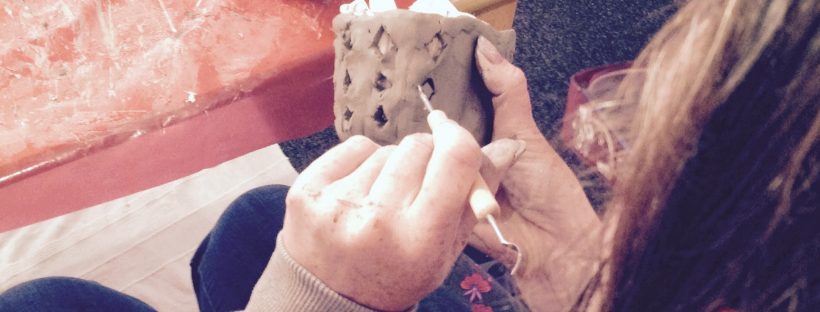By Rob Harrison
So you’ve worked hard perfecting your craft, mastering your art, you’ve put the hours in. A few people may have admired your work and even asked to buy things for relatives. That’s made you wonder, can I make money from this? If you’re wondering how to start a business in Cornwall, you’d no doubt see the huge quantity of independent artists and creators who have the dream job, doing what they love while making enough to get by and think this could be for me. If they can do it why not me?
Regret’s a funny thing. If I could go back in time and have a sit down chat with myself at the young age before my first start up, when I was deciding what to study and do with my life, I’d no doubt tell the inconvenient truth. In the creative arts the odds of there being a job out there that is right for you are so small they are negligible. You’re going to have to create that job for yourself. To do that you’re going to have to learn about business. The time, effort and money I might have saved myself. Could I have learned this in a way other than the hard way? I don’t know but I’m pretty sure I could have done it quicker.
What’s more, if you emulate the vast majority of small struggling creative businesses you will most probably succeed in creating a small struggling creative business. The ones that succeed without depending on luck, are the ones that walk the road less traveled, break the rules and shun the status quo.

One of the realisations for me was that you don’t have to study businesses in your sector. An understanding of business can be applied to any industry and there are a lot of industries that are much better at this than in Arts and Crafts. There are many who are quite happy to make a loss because they get so much enjoyment from the work itself.
So what should I do? Is there a checklist to follow or a book to read? I’m afraid it’s not quite that simple. Business is a science not an art. While techniques can be learned and it helps to be well read, both the questions and answers are different for every business and everyone.
You already know your plan is based on hypotheses. I think X% of people will like my product. Of those X% will buy. The best name for my business is … I think my customer is X years old and is the kind of person I can reach by doing… These are the kind of assumptions which would come together to form your first business plan, if you have bothered to write one.
You may have realised by this point what I’m getting at. Like it or not you are basing your next move on assumptions. Before you reach for the life savings and get building you should realise that these assumptions can be tested. Some can be tested without even developing a product, while some will need you to get out there and make some sales in order to test. You shouldn’t worry about finding you are wrong in some of these assumptions too. The odds of you being right first time are stacked against you. The odds of getting your product right first time are equally small. For this reason you shouldn’t be afraid of getting it wrong. Each time you are it is a valuable opportunity to learn. The moral is to get out there and start testing. You won’t know until you’ve tried.
Many invest all that they have in an attempt to make a big splash. The ‘build it and they will come’ method. Hoping that come launch day they will blow away the competition and carve themselves a niche customer base which will keep coming back for more. Emulating big businesses who have tried and tested business models, huge resources and tested engines of growth does not end well for the small start up.
Know what assumptions your business is based on, formulate tests to back up those assumptions and get out there and start testing today.
The Craft Collective offers small sales spaces and a professional sales team in order to help you test your products in a low risk way.
We are also running the ‘Start Your Creative Business’ one day course in Cornwall on 10th of March 2018.

